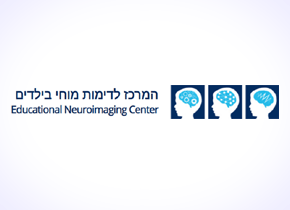
 Project Details
Project DetailsThis study explored the relationship between fMRI scans, specifically covariance matrices, and the psychological metric "Life Event Scale" (LES) in children. LES is calculated via a survey encompassing a child's entire life, with emphasis on the past year, resulting in a score from 0 to 61. A key challenge was the timing mismatch between baseline year fMRI scans and subsequent years' LES. Additionally, the dataset was skewed towards lower LES values (0-14), complicating predictions for higher scores. We converted LES to a binary score with a threshold of 12, assuming similar scores would reflect similar fMRI patterns. Initially, we examined the actual values of the covariance matrix features, such as skewness and the logarithmic mean, but they didn't reveal much. Therefore, we shifted our focus to their variances and observed a decreasing trend, even within the prevalent LES range. Despite data limitations, this trend suggested potential meaningful insights. To improve the model's handling, we applied a logarithmic transformation to linearize the multiplicative data. Unfortunately, we couldn’t predict the LES of the children using their fMRI scans. Multiple modeling approaches, including Support Vector Machines (SVM) and age group stratifications, yielded unsatisfactory results. Sanity checks validated our methodology but highlighted data inadequacies as the primary issue. Attempts with deep learning models also failed to show significant correlations.
In conclusion, while minor correlations between fMRI data and LES were observed, the study's limitations, particularly data constraints, prevented robust AI-based predictions. This outcome was anticipated given the dataset's challenges.

